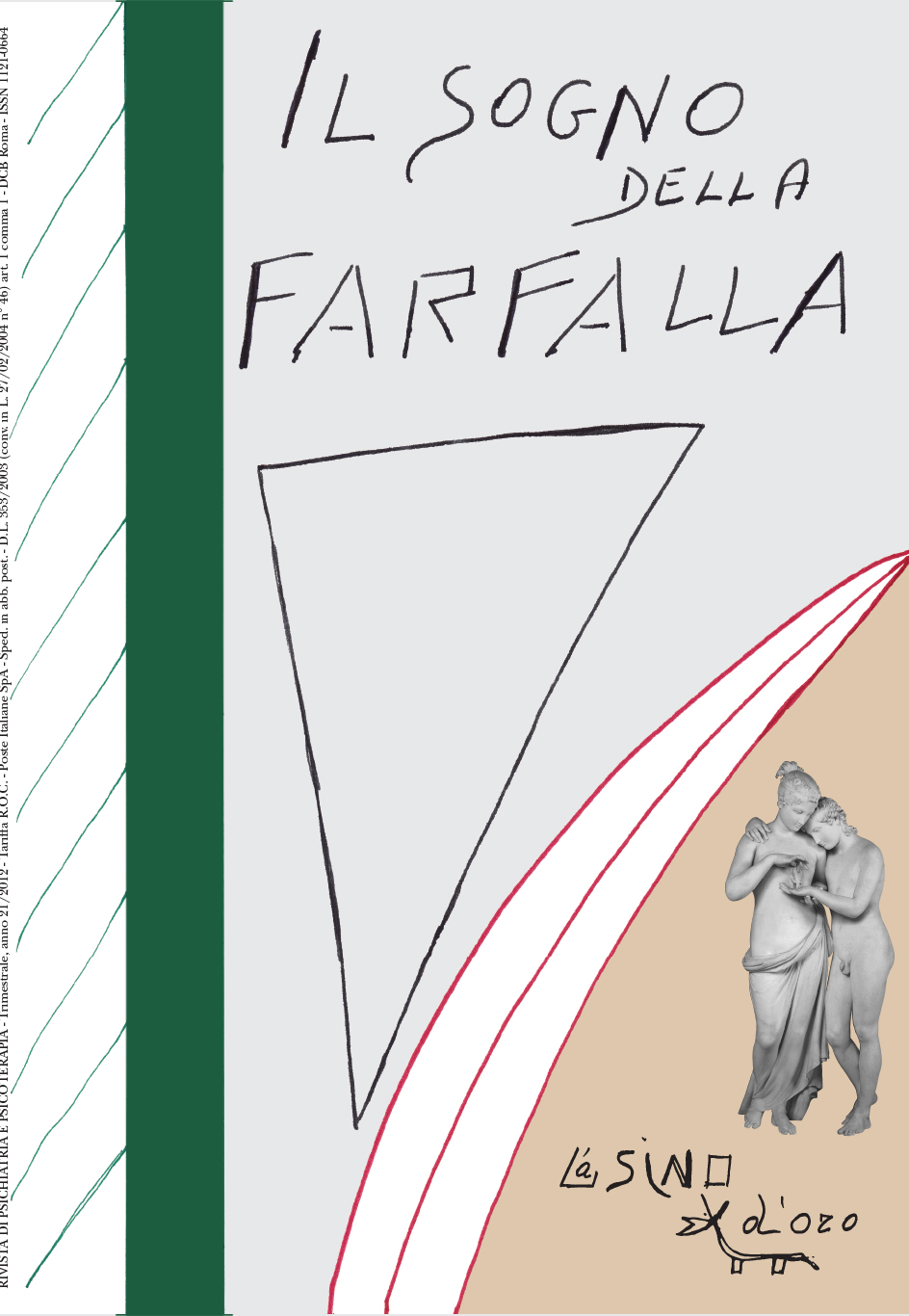Psychiatry and human rights: historical elements
Abstract
Human rights, as well as activists who fight for these rights to be acknowledged and safeguarded, are under siege due to terroristic attacks taking place in the heart of France and Europe, and to migrations, the bombardments, and wars raging in the Middle East and throughout the world. Do we live in the age of rights or of their systematic violation? Psychiatry, which was born within the context of the ethical and religious rationalism of the French Revolution, just as human rights were, deteriorated until the first few years of the Twenty Century, going as far as lending ideological support to the Nazis’ criminal activities of sterilization and euthanasia of mentally diseased people. Psychiatry has also been an accomplice in the violation of human rights’ not only in Russia but also, more recently, in China. The Declaration of the Rights of Man and Citizen in 1789, just like the Declaration that was passed in 1948, made reference to a concept of “natural” which refers to the reality of human birth, whose meaning in individuals’ psychic life has never been understood by either philosophers or psychiatrists. Human Birth Theory by Massimo Fagioli, insofar as it refuses the term “natural” to be synonymous with inborn and with rational, as was true for Enlightenment thinkers, proposes a new idea of the origin of human rights and of relevant juridical capability on which these are based.


